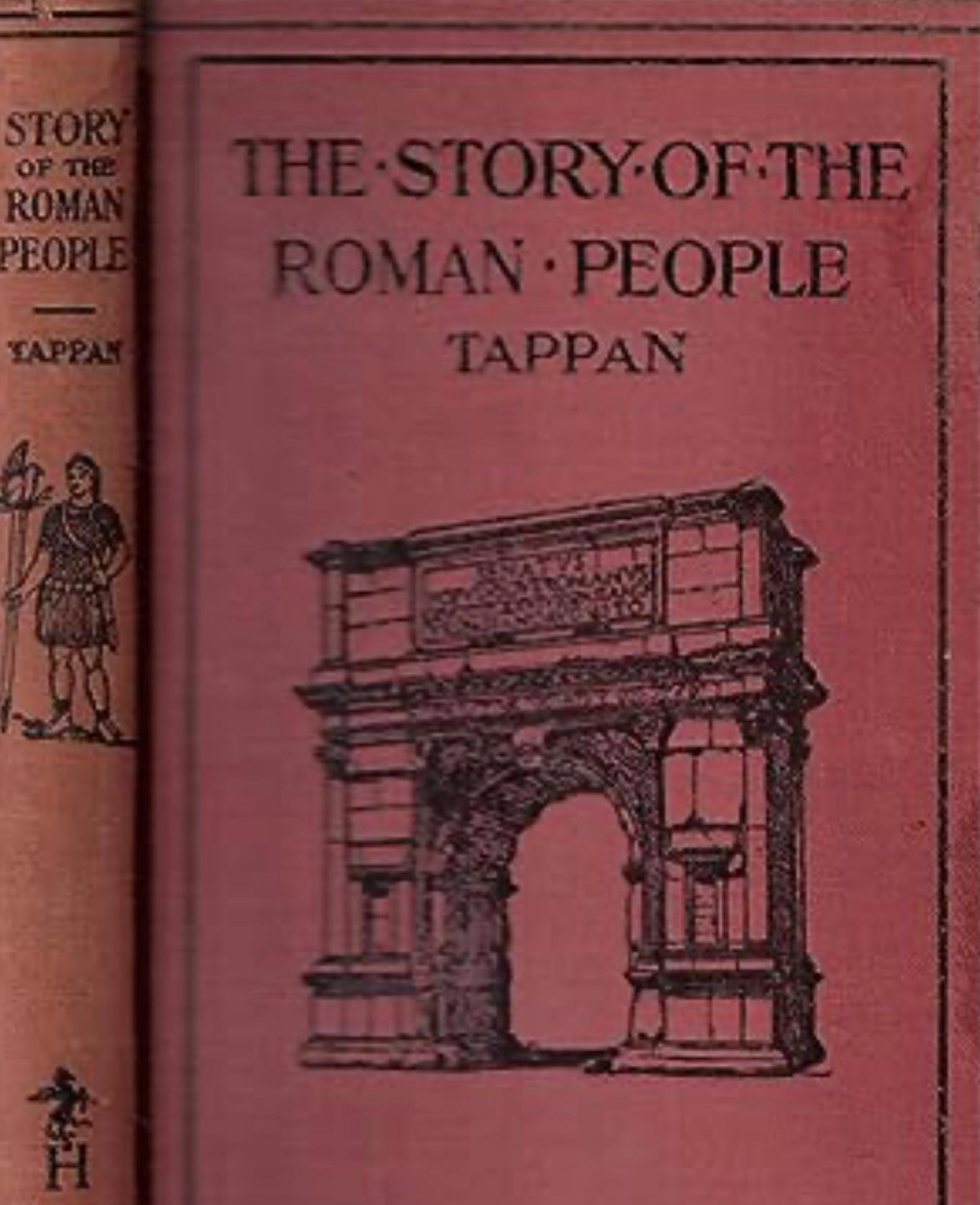
HOW THE PLEBEIANS WON THEIR RIGHTS 35


his breast the scars of his wounds." The old man told them his pitiful story . While I was in the army," he said , the enemy destroyed my crops , drove away my cattle , and burned my house . I had to pay a tax, and the only thing to do was to borrow money . I could not repay it , and my credi tor beat me . Behold ! He threw off his robe from his shoul ders, and the crowd saw the bloody marks of the whip . The plebeians were furious . Call the senate together, they de manded , " and make laws that are just to us. The senators were so frightened that they did not know whether there was more danger in staying at home or going to the senate house , but at length they came together and began to discuss what should be done . Suddenly some Latin horsemen galloped up to the city . The enemy is at hand ! they cried . Call out the army. But the plebe ians would not be called out . Why should we fight for Rome? they demanded , when warfare brings us nothing but debt and ruin ? Let those fight who gain by war. One of the consuls promised that if they would join the army , he would pro pose a just law for debtors . The plebe ians trusted him , and the enemy was driven away ; but the other consul , Ap'pi -us Clau'di-us, led the senate to refuse to make any change in the laws. Then the plebeians were angry indeed . Why should we stay in Rome? they said to one another. Why not leave the city and found a city of our own ? They decided to do this , and
ROMAN SOLDIERone day they set out for a hill a few miles away and made ready to build themselves houses.
Then the patricians were disturbed, for they had lost the cultivators of the ground . Let them go , said Appius Clau dius scornfully ; " we have no need of the rabble. Fortu nately , the other chief men were wiser , and it was decided to send three patricians to try to persuade them to return . But they would not be persuaded . Then Me- ne'ni-us A - grip'pa told them a little story. Once upon a time, he said , " the members of the body resolved that they would no longer support the belly , which did nothing at all , but lay at ease while they toiled . We will not carry it , ' said the feet . We will do no more work for it , ' cried the hands. And we will not chew a morsel for it , even if food is placed between us , ' declared the teeth . They kept their word , and the belly suf fered ; but they suffered with it , and soon they , too , began to waste away.

The plebeians understood the meaning of the fable . They talked together , and finally they said to the patricians , We will return to Rome if you will agree, first, to forgive the debtors who cannot pay ; second , to free those who have been made slaves ; and , third , to have two trib'unes appointed to see that the patrician magistrates do not wrong us." The patricians agreed to these terms , and they and the plebeians made a treaty as formally as if they had been two nations . The hill where this meeting was held received the name of the Sacred Mountain . At its summit an altar was built and sacrifices were offered to Jupiter ,
>
It was not long before the number of plebeian tribunes was

HOW THE PLEBEIANS WON THEIR RIGHTS 37
increased to ten ; and , moreover , plebeian a'diles were also chosen who aided the tribunes and cared for the streets and public records , and superintended the public games .


It was a great gain to the plebe ians to have tribunes, but their troubles were not over by any means . Many of them were ex ceedingly poor, and those whose debts had been forgiven had nothing to make a start with , and were al most as wretched as they had been in the first place. This was all the harder to bear because the patri cians had a large amount of pro perty which the plebeians felt ought fairly to be shared with them . This property was in land which had been taken in war. The plebeians said , We have fought to win the land , and we ought to have a part of it. This was not so easy a thing to bring about , because the patricians held possession of it and were not at all inclined to give it up. They culti vated it or used it for pasturage of their flocks and herds as they chose . They were supposed to pay the state for its use , but the collectors were patricians and seldom troubled them . If the owner of flocks and herds can have free pasturage for them , he can hardly help becoming rich . The patricians , then , were growing richer , while the plebeians were growing
 AN ÆDILE GIVING THE SIG NAL FOR A CHARIOT RACE .
AN ÆDILE GIVING THE SIG NAL FOR A CHARIOT RACE .
